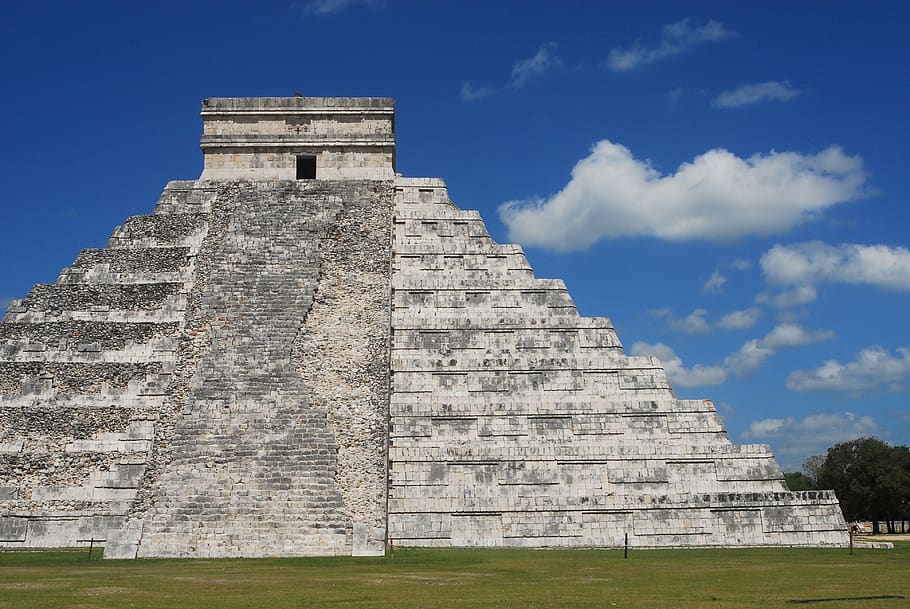|
Choosing a name for a child is a deeply personal decision that carries significant meaning. A name can shape a person's identity, influence how they are perceived, and connect them to their heritage. In many cultures, names are more than just labels—they are imbued with history, symbolism, and a sense of destiny. This article explores the rich world of ancient names, their meanings, and how you might consider incorporating them into modern naming practices.

Historical Context of Ancient Names
Overview of the Origins of Ancient Names
- Mesopotamian Names: The earliest recorded civilization, Mesopotamian names often reflected religious beliefs and the natural world. Names like "Ishtar," after the goddess of love and war, or "Gilgamesh," the hero of an epic poem, highlight the central role of deities and legendary figures in their society.
- Egyptian Names: Ancient Egyptian names were closely tied to the gods and goddesses, often denoting divine favor or particular traits. Names such as "Nefertiti," meaning "the beautiful one has come," and "Tutankhamun," which translates to "living image of Amun," reflect the significance of religious and royal lineage.
- Greek Names: Greek names frequently carried meanings related to virtues, roles, or mythology. "Alexander," meaning "defender of the people," and "Penelope," meaning "weaver," are examples of how Greek names could signify personal attributes or familial roles.
- Roman Names: Roman names often had a strong social and familial component. Names like "Augustus," meaning "great" or "venerable," and "Claudia," which can mean "lame," demonstrate how names could denote status or physical characteristics.
- Hebrew Names: In Hebrew tradition, names are deeply spiritual and convey a connection to God. Names such as "Samuel," meaning "heard by God," and "Hannah," meaning "grace," reflect both divine influence and personal virtues.
Cultural Significance and the Role of Names in Ancient Societies
In ancient times, names were not just identifiers but carried substantial weight in terms of identity, social status, and religious beliefs. They often connected individuals to their lineage, community, and divine beings, providing a sense of belonging and purpose.
Symbolism and Meanings of Ancient Names
Ancient names often carried symbolic meanings related to:
- Nature: Names reflecting natural elements or phenomena (e.g., “Aurora” for dawn).
- Virtues: Names signifying personal attributes or moral qualities (e.g., “Alexander” for defender).
- Deities: Names associated with gods and goddesses, reflecting divine favor or attributes (e.g., “Ishtar”).
Examples of Ancient Names and Their Meaning:
- Mesopotamian: "Ishtar" (goddess of love and war), "Gilgamesh" (hero of an epic).
- Egyptian: "Nefertiti" (the beautiful one has come), "Tutankhamun" (living image of Amun).
- Greek: "Alexander" (defender of the people), "Penelope" (weaver).
- Roman: "Augustus" (great, venerable), "Claudia" (lame).
- Hebrew: "Samuel" (heard by God), "Hannah" (grace).
Selecting an Ancient Name for Modern Use
- Research Thoroughly: Understand the historical and cultural context of the name.
- Consider Personal Significance: Choose a name that reflects personal or family values.
- Involve Family: Include family members in the naming process to honor shared heritage.
Considerations for Pronunciation and Spelling in the Modern World:
- Ease of Pronunciation: Ensure the name is easy to pronounce in your current cultural context.
- Spelling Variations: Be aware of potential spelling variations and their implications.
Balancing Uniqueness with Cultural Significance:
- Unique Yet Meaningful: Choose a name that is distinct but still carries cultural weight.
- Modern Adaptations: Consider modern adaptations of ancient names to fit contemporary usage.
Popular Ancient Names in Contemporary Times
List of Ancient Names That Have Stood the Test of Time:
- Alexander
- Hannah
- Samuel
- Nefertiti
Modern Celebrities and Notable Figures with Ancient Names:
- Alexander: Alexander Hamilton, historical figure.
- Hannah: Hannah Simone, actress.
Ancient names carry a rich tapestry of meaning and history, offering a profound way to connect with the past while naming a child. They embody cultural values, historical significance, and personal virtues. By choosing an ancient name, parents can imbue their child’s identity with a sense of tradition and timelessness. Ultimately, the beauty of ancient names lies in their ability to bridge past and present, creating a legacy that resonates through generations.
|